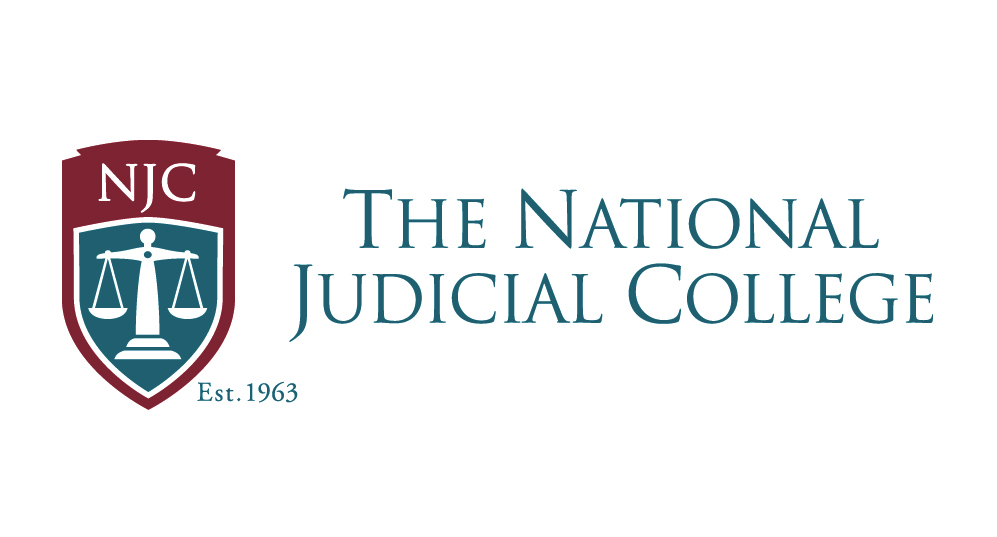martybegan
Diamond Member
- Apr 5, 2010
- 83,046
- 34,358
- 2,300
How to Choose a Jury of Trump’s Peers
A federal judge probed the backgrounds and political biases of dozens of New Yorkers, searching for nine people to serve as jurors for E. Jean Carroll’s rape lawsuit against the former President.
By Eric LachApril 26, 2023
... For the next hour, [Judge] Kaplan read from a list of questions that he’d prepared in consultation with the lawyers from both sides of the lawsuit. He asked the jurors to indicate their answers by either raising their hands or standing. Question: Was there anything about the nature of the case or the parties that would make it difficult for them to be impartial and fair to both sides? Anything at all? The reporters in the gallery shook their heads. Who could be impartial here? But only nine of the forty-eight indicated that they’d have a problem. Those nine were immediately excused from the courtroom.
Did any of them know Carroll personally? No one did. Did any of them know Trump personally? No one did. Had any of them personally had any “dealings” with Trump or his company? No one did. Did any of them know anyone else who’d had any “dealings” with Trump or his company? A voice spoke up. “Your honor—possibly,” a man near the back of the courtroom said. It was Juror No. 23. “A client of mine is an attorney for the defendant in some other cases,” he said. Kaplan asked Juror No. 23 for his occupation. “I’m a literary agent,” ...
How to Choose a Jury of Trumpâs Peers
So all those black people got fair trials down south before the 60's, and all those white guys who got off due to trials at the same time were really innocent?
And that was with beyond a reasonable doubt as the Standard.



